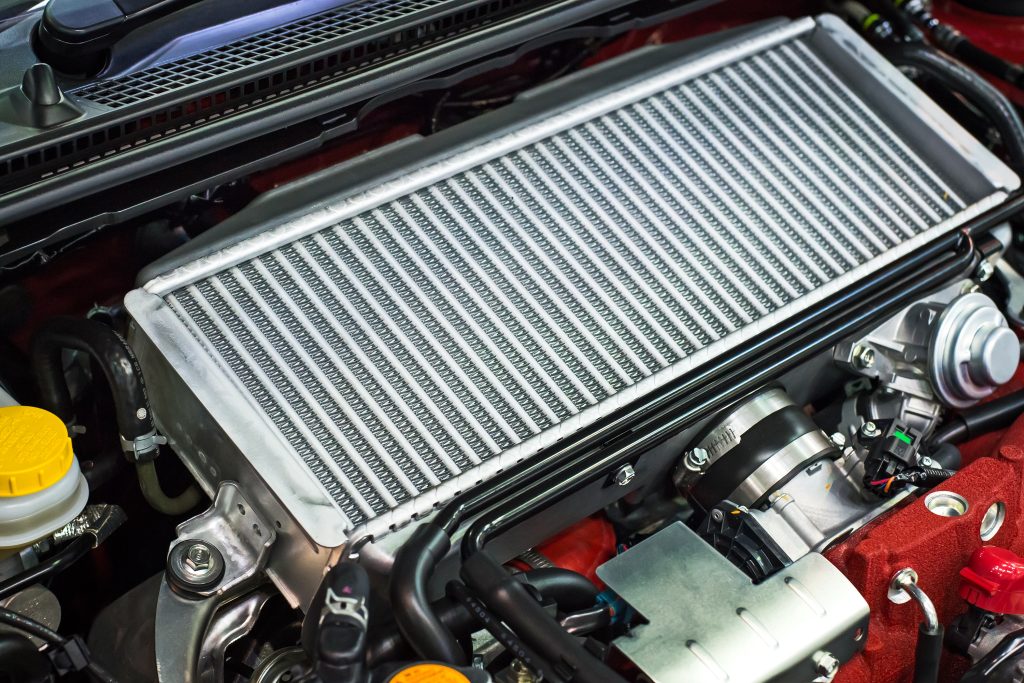- New Lincolns available for immediate delivery!
- Custom Order A New Lincoln
An overheating engine can cause permanent damage to your engine. Your Lincoln has a radiator and cooling system dedicated to controlling the engine temperature and protecting the engine against heat damage. In time, components can become worn or damaged, and you’ll need to visit your Lincoln dealer for a radiator repair. These are a few signs your radiator is in trouble.

Leaking Coolant
Coolant is the liquid inside your cooling system that absorbs heat and transports it to the radiator for removal. Liquid coolant is pumped through your engine when the engine temperature reaches 180 F. Coolant will continue to circulate and remove heat until the engine temperature falls below 180 F. The cooling system operates under high pressure, which means that even a tiny hole in the system can cause a leak.
A leak in the cooling system reduces the system’s pressure and decreases the flow of coolant. This makes the remaining coolant less effective in controlling engine temperature, and your engine could overheat. Fortunately, coolant is brightly colored blue, yellow, pink, or green, which makes a leak easier to spot. Call us ASAP, and we’ll trace and repair the leak to prevent damage to your engine.
Damaged Radiator Fan
As we’ve seen, coolant carries the engine heat to the radiator. In the radiator, the coolant enters a series of parallel tubes known as fins. Air flows in through the radiator grille and across the tubes, and the air movement removes heat from the coolant. If your engine temperature is too high and airflow through the grille is insufficient, The radiator fan will activate and blow across the tubes to push the heat out of the grille.
The radiator fan usually only activates when your car is idling, as there is insufficient air to cool the coolant in the tubes. If your engine temperature climbs when you’re idling and then returns to normal when you’re driving, you probably have a damaged radiator fan. Our technicians will check your fan and repair or replace it to fix this problem.
Loose Clamps
Your engine components are secured to prevent damage as you drive. The engine, for example, is securely attached to your car’s frame by two engine mounts. These mounts reduce engine movement and prevent damage from vibrations. Despite the best protection, car components can move very slightly in response to movement.
Over time, the radiator clamps can loosen slightly. The radiator is connected to the cooling system by two thick rubber hoses. These hoses are attached to the radiator and secured by metal clamps. These clamps can become loose, and this allows coolant to flow out. We’ll examine the clamps and securely attach them to block a leak.
If your engine is getting too hot, call our service department right away at Star Lincoln.





